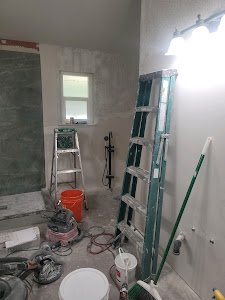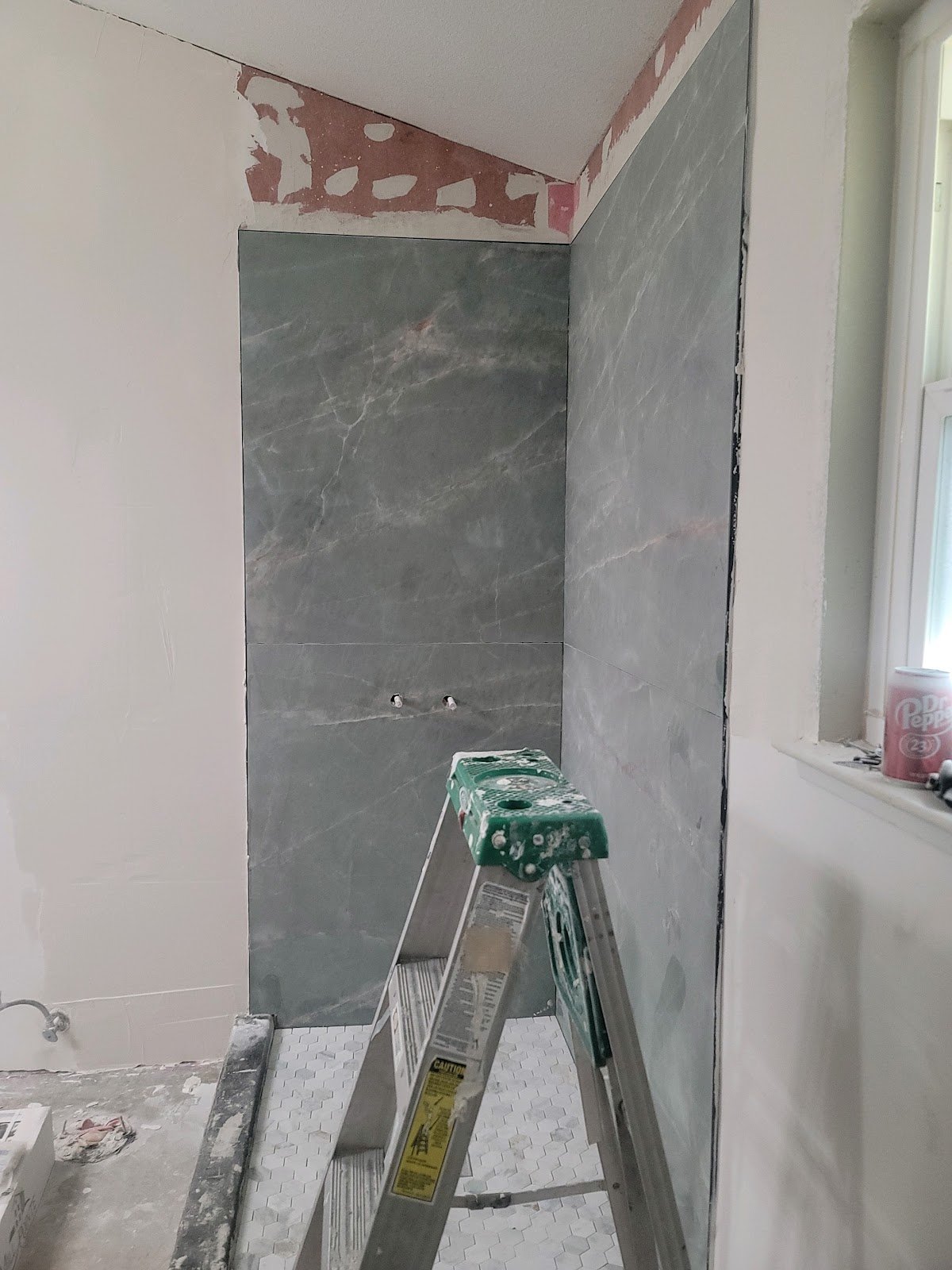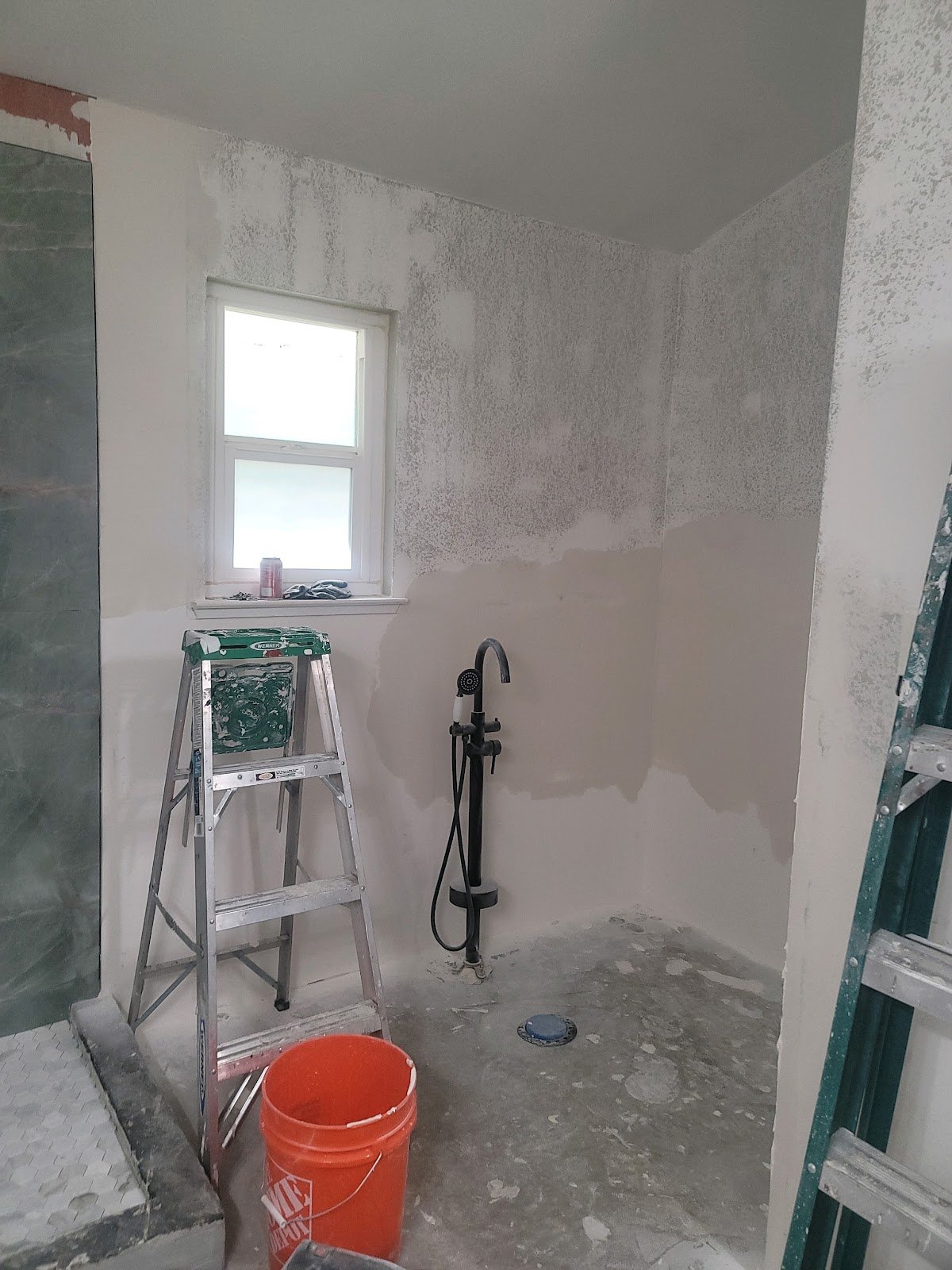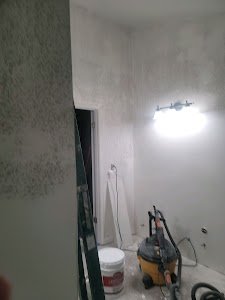Experts in Sheetrock Tape and Texture Work in in Greater Sacramento, Placer, & El Dorado Counties
Licensed General B2 Contractor ☑
General Liability Insurance ☑
Workers Compensation Insurance ☑
Let our team, be your team!
In-home consultation: always free
We operate under time & material
No Estimates. No Bids. No Bull.
Skilled Tradesman at a Reasonable Hourly Rate
$85 Per Hour
Fuel Surcharge: $18 per tech / day
Today, sheetrock is one of the most widely used construction materials globally. To make sheetrock, manufacturers press a blend of water, sand, and natural gypsum between two thick sheets of paper. Contractors commonly use sheetrock to build ceilings, walls, and similar architectural elements.
Thanks to the speed and ease of installation, sheetrock has replaced plaster as the go-to building material. In addition to a hassle-free installation, sheetrock offers numerous other benefits over plaster.
Plaster often takes days or even weeks to dry completely. In contrast, sheetrock won’t hold up a construction project since workers can paint it immediately after installation. Also, sheetrock weighs significantly less than plaster, resulting in less structural damage over time. Finally, sheetrock provides a higher level of fire resistance, allowing household members or building residents more time to escape to safety in an emergency.
Sheetrock comes in several types, ensuring it can suit various applications. For example, perlite and vermiculite enhance the formula of certain types of sheetrock to make it more fire-resistant. Other types offer superior moisture resistance, making them perfect for bathrooms and kitchens.
Our Reviews
Our goal is to provide the best service and customer experience.
Is there a difference between Drywall and Sheetrock?
Although most people use the words drywall and sheetrock interchangeably, a slight difference between these items exists. Sheetrock is a brand of drywall. So, while Sheetrock is drywall, not every type of drywall is necessarily Sheetrock.
The U.S. Gypsum Company manufactures drywall marketed as Sheetrock. The manufacturing process is similar to regular drywall except for several chemicals unique to the brand. These substances allow the patenting of this specific sheetrock formula. Other than that, they provide no practical difference between the two materials.
As with most products, name brands typically offer better quality and longevity. Sheetrock undergoes extensive quality control testing using industry-leading practices. Therefore, Sheetrock brand drywall will undoubtedly perform better than its generic counterparts. Home and business owners who choose Sheetrock can rest assured their property will remain safe and free of toxic pollutants.
Hire The Pros at Clover Valley Home Service For Sheetrock Tape and Texture
Contractors use tape-and-texture walls as the most common wall finish for site-built homes. This finish involves installing drywall and filling its seams with drywall mud. When the mud dries, the builders will cover the drywall seams in tape, sand it, mud it again, and sand it one last time. Finally, they will spray and paint the whole area.
Tape-and-texture walls offer a beautiful, seamless finish. The surface is clean, with no batten strips visible in the seams. Besides a superior appearance, this finish allows property owners to change décor easily. Tape-and-texture walls require no preparation for painting; homeowners can simply apply paint over the existing color. They will only need to prime the wall if the new color is significantly darker or lighter than the previous one.
Tape-and-texture walls also require less repair after sustaining damage. Applying drywall mud to the damaged area and touching it up with paint will patch the wall perfectly.
Although tape-and-texture walls and ceilings offer significant benefits, they do have a higher initial cost, thanks to labor-intensive installation. However, as these walls fall into the higher-end finish category, they increase the property’s resale value. As such, they are worth every penny.
Due to the many considerations regarding material type and the complexity of the installation process, only professionals should take on tape-and-texture walls.







